A tribute to NIACE
October 23, 2015 6 Comments
NIACE, the National Institute of Adult and Continuing Education is merging with the Centre for Economic and Social Inclusion and its name will disappear after 94 years at the forefront of promoting adult learning. The Who’s Lobbying website describes NIACE as, “the main advocacy body for adult learning in England and Wales and probably the largest body devoted to adult education in the world.” Its achievements as an independent organisation deserve the utmost respect and many adult educators will regret the loss of its identity while wishing the newly merged organisation every success.
NIACE has been a source of practical and coordinated support, encouragement, inspiration and effective campaigning for adult education – and more specifically, adult learners – over the years. I have never been employed directly by the organisation, but I have worked alongside it throughout my career. I have felt a strong affiliation and found common cause with its dedicated staff and supporters who have shown deep professional and practical understanding of the sector, backed up by thorough research and active networks.
Among their many achievements, NIACE deserves credit for:
- Adult Learners’ Week awards and events, which have grown to become international celebrations
- Extensive, respected and influential research on adult education
- Securing and managing funding for major projects including adult and community learning, literacy, numeracy, technology, equality, mental health, family learning and innovative practice.
- Lobbying effectively on behalf of the sector and especially for under-represented groups
- Publications, including influential reports and the well-regarded Adults Learning journal
- Support for third sector organisations.
- High quality conferences, seminars and events
On the subject of the merged organisation’s name, FE Week reports NIACE’s Chief Executive, David Hughes, as saying that, “(the name) his team had decided on was the Learning and Work Institute, although it still has to be approved by members.” He will lead the new organisation and explained that:
“We spent the summer consulting with members and stakeholders over what direction the organisation should now be taking and want to stress that we won’t lose touch with the historic work of Niace in supporting adult education for everybody throughout their lives and for campaigning for the wider benefits of lifelong learning.
“We just feel that the new name will better reflect the range of work we do now.”
Adult education is facing a crisis, receiving only 6% of the government’s total spending on education and facing further cuts to learning opportunities and staffing. The petition to save adult education is indicative of concerns affecting the sector.
Adult learning needs a coordinated voice more than ever. NIACE has had a pivotal role in such campaigning over many years so David Hughes’ continued commitment to the ‘historic work’ is important.
Thank you to all at NIACE, past and present, for your immense contributions since 1921 and very best wishes to the newly merged organisation. Adults with increasingly limited chances to learn need all the support that they can get.



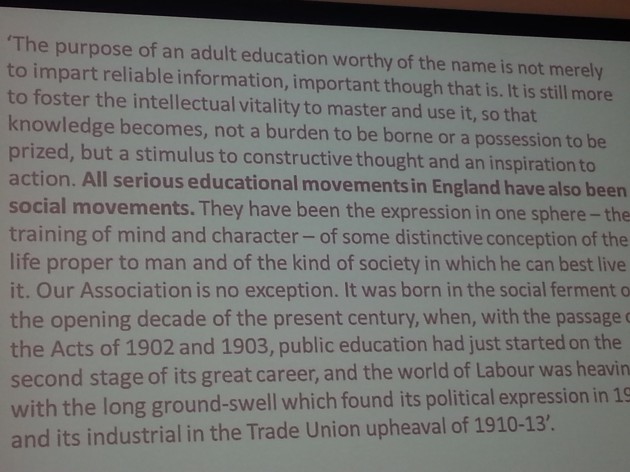
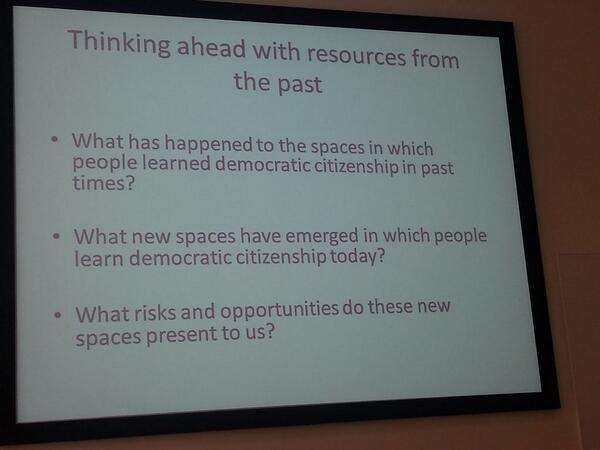
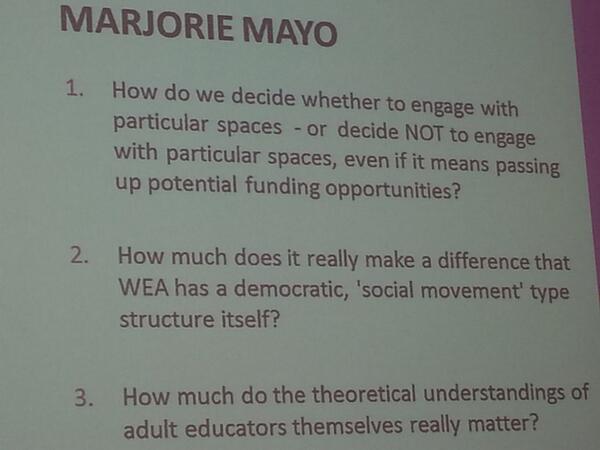
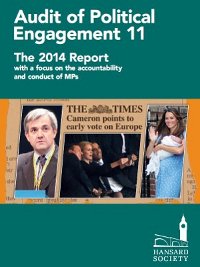
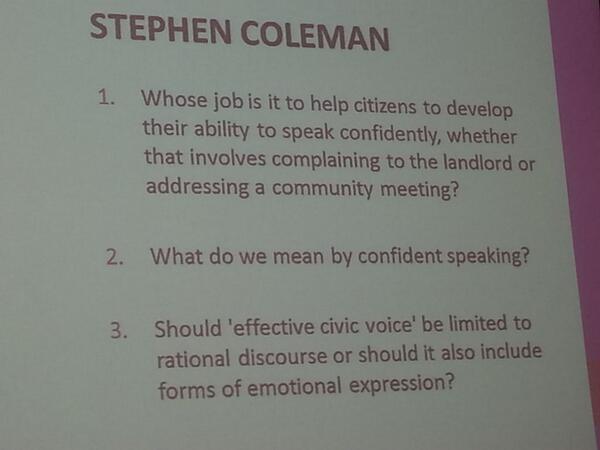









Recent Comments